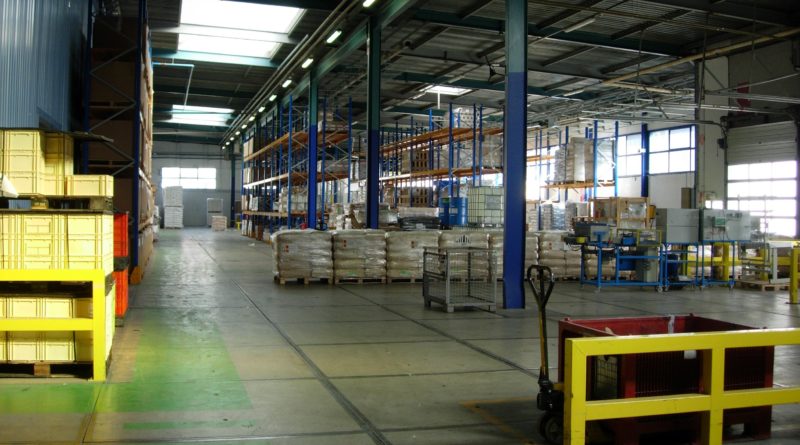Leasing a Warehouse Property: Principal Considerations
Warehouse spaces range from industry-associated storages to distribution hubs and processing facilities. Each of these categories has its own requirements, so it’s important for businesses to understand these specifics, by either discussing them with the owner, landlord, or the listing agent. Here are the most important considerations when leasing a warehouse property.
Zoning
First of all, you need to make sure the property is zoned for your intended use. Some retail tenants might fall into a trap of leasing an industrial property, since the lease rates are lower than those of properties zoned for retail. However, rest assured that unless the property is zoned for your intended use, you won’t be able to lease it legally, unless the landlord agrees to apply for a zoning change. In addition, you need to ensure that the warehouse parking ratio, or the number of spaces per square footage, is sufficient for your business needs.
Square footage
Unlike your previous one, the new landlord may calculate the square footage differently, so make sure you’re on the same page, when it comes to calculating the floor space. In an ideal scenario, you’d be paying only for the usable space, which is the actual space you’ll occupy. Some landlords will try to present the area measured from the outside of the walls, or include the area beneath the building’s drip lines.
Electric installations
Make sure the warehouse property you’re looking to lease has electrical power sufficient to your needs. Also, there are considerations such as the number and the arrangement of outlets, layout of circuits, three-phase power, and lighting. If the landlord can’t give you these specifics, hire an electrician or electrical engineer to inspect the building. If the building has insufficient amperage, you might overload the transformers and experience power outs.
Storage options
In order to operate a warehouse that is functional and optimally organized, you need to consider your storage system or systems. This is especially important if the property is leased bare, i.e. without storage solutions. Warehouse storage systems are a major investment that needs to be chosen depending on your warehouse plan and your processes. However, since you’re leasing a space, versatile shelving solutions are most likely the best option you’ve got, as their flexibility and adaptability make them ideal for a business that grows.
Loading areas
The next consideration is whether your product will be delivered or picked by 18-wheelers, delivery-type lorry, or a third option. For an 18-wheeler, you need a loading dock high enough and a court big enough for an articulated lorry to manoeuvre. If you need to drive lorries and other vehicles into the warehouse, you need grade level loading. Whichever of these requirements you may have, it’s important to check that the warehouse you’ve chosen can accommodate, or the landlord is willing to install what you need. This also includes the ceiling height, so you should be looking for properties with 18 ft. to 25 ft. ceilings.
Parking areas
Although having a private parking area is a huge bonus, asphalt and concrete parking lots require maintenance, which some landlords want to pin on the tenants. However, repairs and maintenance are a long-term expense, and a part of future property value calculations, and as such need to be the landlord’s responsibility. Other considerations include the actual use of the parking, who will be using it the most, and are there going to be vehicles parked overnight.
Leasing a warehouse space is pretty much a straightforward process, however, there are considerations that might turn into costly afterthoughts, unless addressed on time. Although the nature of your business will have a final say on the warehouse specifics, it always makes sense to run your choice through these points.




